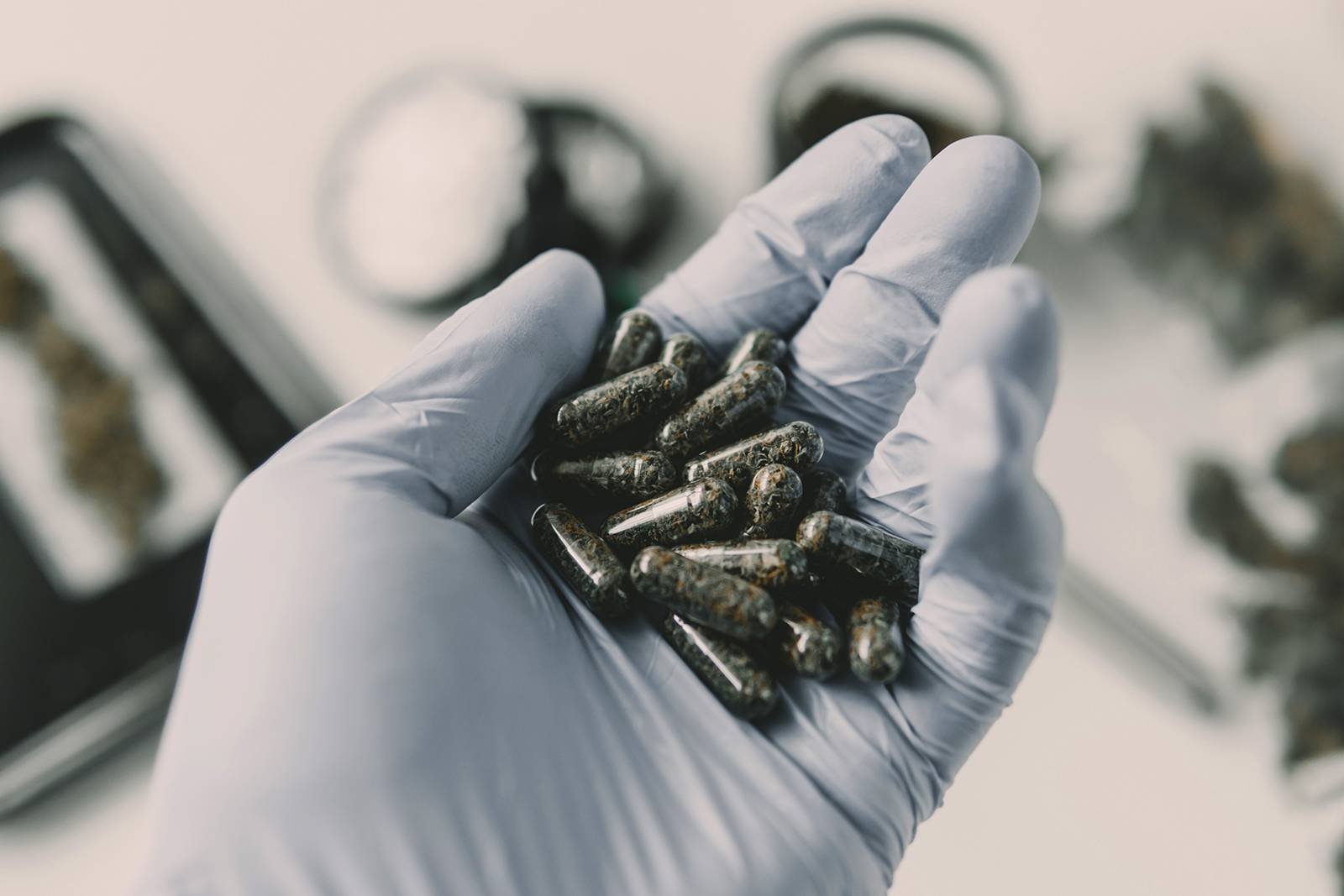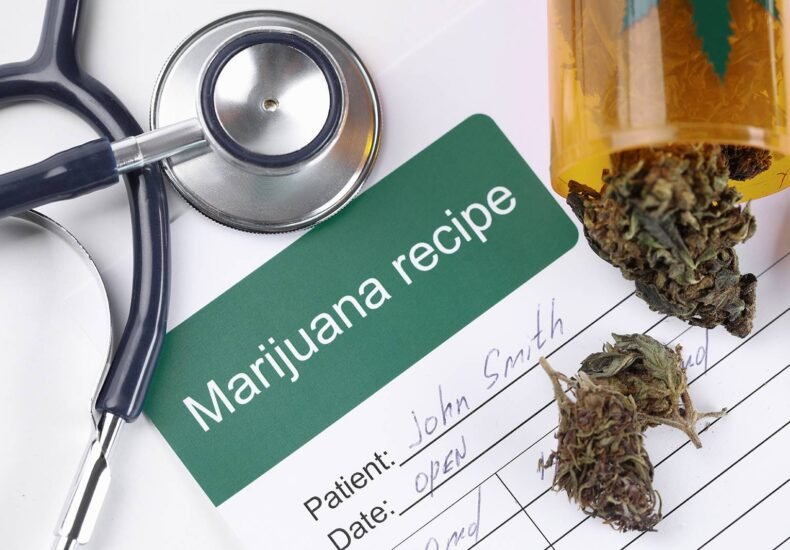
CBD vs. THC: What’s the Difference and Why It Matters
Cannabis contains numerous compounds called cannabinoids, and the two most well-known and studied are cannabidiol (CBD) and tetrahydrocannabinol (THC). While they share some similarities, their differences are significant and important to understand, especially when it comes to their effects and legal status. Let’s dive into what sets them apart and why it matters.
Chemical Structure
Both CBD and THC have the same molecular formula: 21 carbon atoms, 30 hydrogen atoms, and 2 oxygen atoms. The difference lies in the arrangement of these atoms, which gives them different chemical properties and affects how they interact with the body’s endocannabinoid system (ECS).
Psychoactive Effects
- THC is the primary psychoactive component of cannabis, responsible for the “high” that people experience. It binds directly to the CB1 receptors in the brain, which alters normal brain communication and results in psychoactive effects.
- CBD is non-psychoactive, meaning it doesn’t produce a “high.” It interacts with the ECS differently, often indirectly, and can even counteract the psychoactive effects of THC.
Legal Status
The legality of CBD and THC varies by country and region:
- CBD: In many parts of the world, CBD derived from hemp (which contains less than 0.3% THC) is legal. It’s often found in various products like oils, edibles, and topicals, and is used for its potential therapeutic benefits.
- THC: The legal status of THC is more complex. In some places, THC-rich cannabis products are legal for medicinal or recreational use, while in others, they remain prohibited. The regulatory landscape continues to evolve as more research is conducted and public perceptions shift.
Medical Benefits
- CBD is widely studied for its potential therapeutic benefits without the mind-altering effects of THC. It is often used to manage anxiety, chronic pain, inflammation, epilepsy, and other conditions. The FDA has even approved a CBD-based drug, Epidiolex, for treating certain forms of epilepsy.
- THC also offers medical benefits, particularly in pain management, nausea reduction, appetite stimulation, and muscle spasticity relief. Its psychoactive effects can be beneficial for patients undergoing chemotherapy or those with chronic pain.
Side Effects
- THC can cause several side effects, particularly when consumed in large amounts. These can include anxiety, dry mouth, red eyes, slower reaction times, memory loss, and, in some cases, paranoia.
- CBD is generally well-tolerated with few side effects. However, some people may experience fatigue, diarrhea, or changes in appetite and weight.
Why It Matters
Understanding the differences between CBD and THC is crucial for making informed decisions about their use:
- Therapeutic Use: Knowing which cannabinoid to use can help tailor treatments to individual needs, maximizing benefits and minimizing unwanted effects.
- Legal Implications: Awareness of the legal status of CBD and THC can prevent legal issues and ensure compliance with local laws.
- Consumer Choices: Consumers can better navigate the growing market of cannabis products, choosing the ones that best suit their health and wellness goals.
In conclusion, while CBD and THC are both derived from cannabis and share some similarities, their differences in effects, legal status, and medical applications are substantial. Understanding these distinctions is essential for anyone considering cannabis-based products for therapeutic or recreational use.







